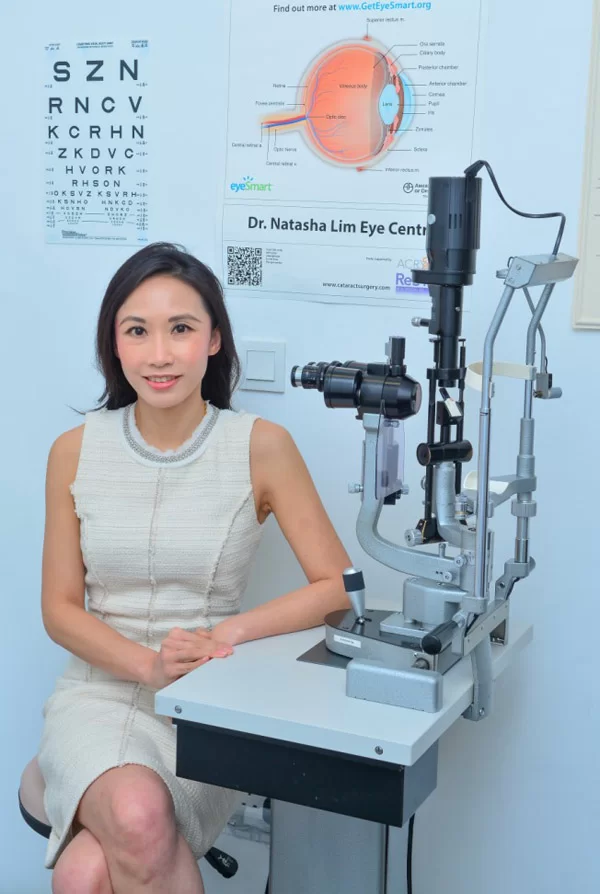Surgery + Technology
Cataract Surgery Singapore
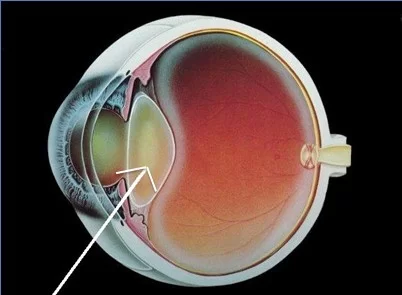
Cloudy lens = cataract
Cataract surgery is one of the most successful and reliable surgical procedures. With over a million people choosing to have treatment each year, it is one of the most common of all elective surgical procedure in the world.
Dr Natasha Lim performs modern cataract surgery known as phacoemulsification or small incision cataract surgery. This is small-incision cataract surgery, also sometimes called “no-stitch” surgery. It takes approximately 15 minutes depending on the astigmatism, the degree of cataract and the lens implant being used.
Most cases are performed as day surgery under local or topical anaesthesia.
Dr Lim’s micro-incision phaco-emulsification technique:
Advantages of micro-incision technique:
- The procedure is very quick and efficient.
- The incision heals quicker than large incision surgery because it is less invasive.
- Normally immediate return of vision after surgery.
- Faster return to normal activities and driving than large incision surgery.
- For most people, predictability of outcome is greatly increased compared to large incision surgery.
Internationally, most surgeons perform cataract surgery to one eye at a time. The basic principle is to achieve good visual result in the first eye before undergoing second eye surgery.
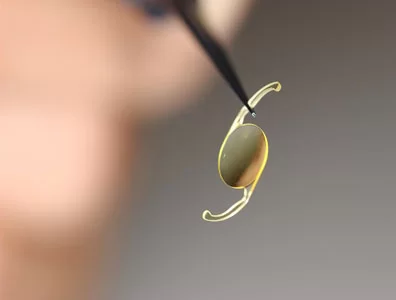
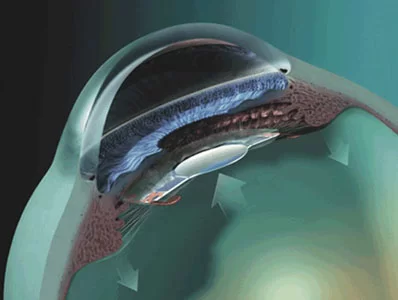
Cataracts are removed and replaced by lens implants.
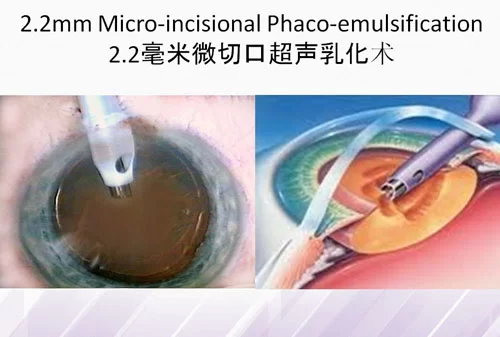
Which Intra-ocular lens implant should I choose for myself?
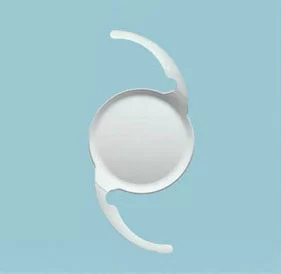
The intraocular lens implant used to replace the cataractous human lens during surgery is designed to allow sharp vision. Dr Natasha Lim uses monodical (fixed focal distance) implants, trifocal implants (that provides binocular far, intermediate and near vision all in one lens) as well as EDOF (Extended Depth of Focus) implants.
Several types of lens implants are available from different manufacturers. Dr Natasha Lim is well equipped with the knowledge and skills of a wide range of the most advanced lenses available, aiming to provide all of her patients with spectacle freedom, even if they suffer with extreme refractive errors.
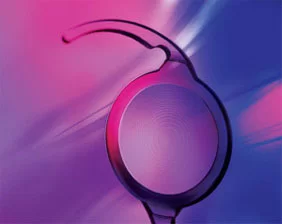
Dr Lim uses high refractive index ( high definition ) aspheric lenses which are designed to optimize vision and improve optical quality in low contrast conditions or when driving at night. These premium lenses provide a sharper focus of vision, and can be monofocal or multifocal. In Dr Lim’s practice, they can even be toric monofocal or toric multifocal which corrects any pre-existing astigmatism.
The optimal lens implant differs for each patient. Dr Lim will advise as to the best lens or lenses for each individual. This depends on a number of factors which Dr Lim will thoroughly get to understand through your consultation with her and discuss with you. If a patient has a particular strong preference for a particular brand of lens implant, this is possible too. The lens implant is expected to last a lifetime.
I had my cataract surgery done elsewhere but was left dependent on glasses. What options do I have now?
Dr Natasha Lim is able to help you with Bioptics. Bioptics refers to the staged procedures of cataract surgery and laser eye surgery. For patients with high astigmatism or a large prescription left after cataract surgery performed elsewhere, it is possible for her to perform laser eye surgery to minimise dependence on glasses. Dr Natasha Lim is highly experienced in laser eye surgery and can discuss suitable treatment option with you.
Is it Medisave or Insurance claimable?
Yes, our efficient staff help you process you medisave claim for your cataract surgery. Claim may also be combined with Medishield, private medical insurance health policies, employment insurance plans, international insurance plans for expatriates, depending on the level of your insurance coverage.
Can my cataract return after surgery?
Your cataract will never return. Months or years after cataract surgery, approximately 30% of people have a laser treatment to clear a cloudy lens capsule which may cause blurred vision. This laser procedure is called YAG capsulotomy. It is very quick and highly effective and does not normally need to be repeated.

Treatment of Meibomian Gland Dysfunction and Dry Eyes can improve Cataract Surgery outcomes
Authored by: Dr Natasha Lim
More than 20 years of experience in Ophthalmology
Internationally renowned pioneer LASIK surgeon for LASIK surgery in Singapore
Education
MBBS (UK)
B.MED. Sci (UK)
MRCOphth (Lond)
FRCOphth (Lond)
Medical Director & Senior Consultant
Ophthalmology
Specialisation
- LASIK
- SILK (Lenticule Extraction)
- LASEK, PRK
- Implantable Contact Lens (ICL)
- Cataract Surgery
- 100% Bladeless Laser Cataract Surgery
- Presbyopia Correction


